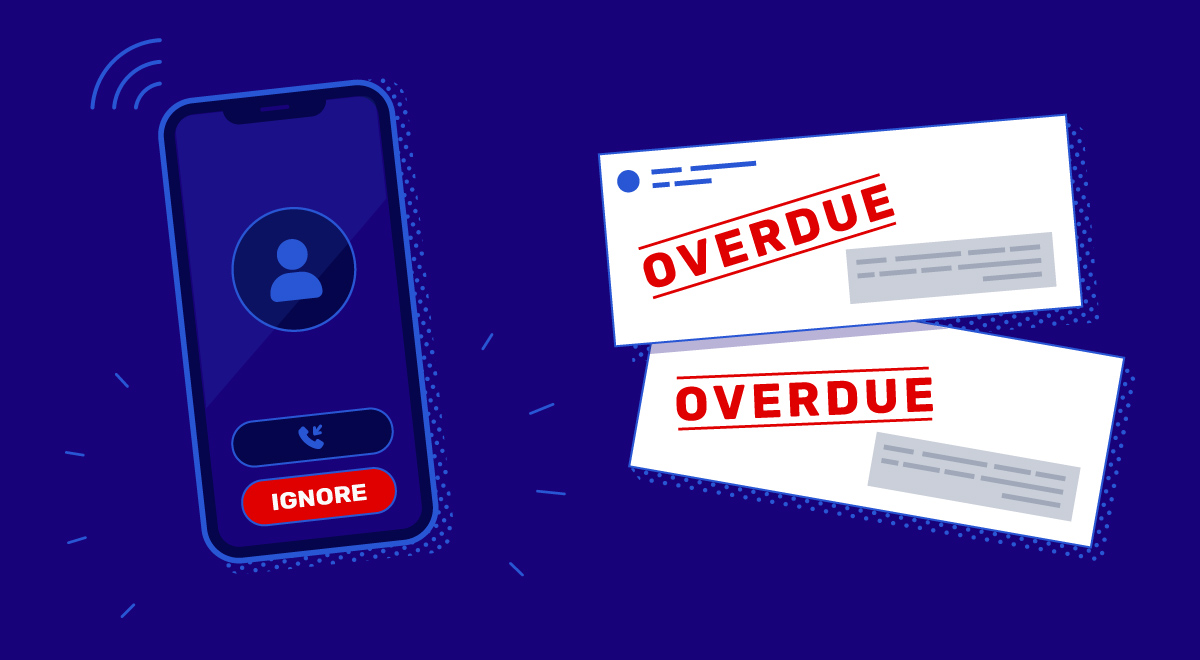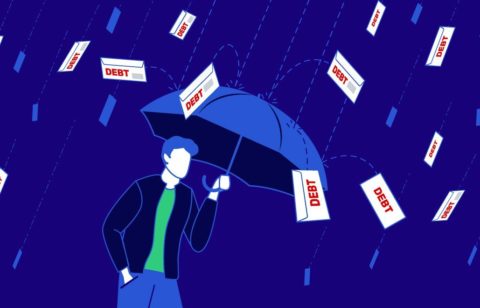Tired of the constant buzzing of unwanted debt collector calls? You’re not alone. These calls can be disruptive, stressful and even intimidating.
But there’s good news: You have the right to stop such calls. This eight-step guide, based on the Fair Debt Collection Practices Act (FDCPA) and actionable tactics, offers a clear path to help you silence those unwanted calls for good.
Step 1: Don’t Discuss Debt
If a debt collector calls, politely decline to speak and instead request validation. Validation includes the name of the creditor, the amount you owe, and how you can dispute the debt, according to the Consumer Financial Protection Bureau.
Remember, silence is your right. Wait for a written validation notice before engaging.
Step 2: Gather Intel
Before hanging up, try calmly and clearly asking for the collector’s name, company name, address and phone number.
Step 3: Document Every Call
Create a “debt collectors log” in which you track each call meticulously. Write down dates, times, collector names and the exact content of conversations.
This documented record may help protect you and could provide evidence if you face unfair practices.
Step 4: Refuse to Provide Any Personal Information
Never give out personal information such as phone numbers, addresses, bank details or Social Security numbers.
Remember, any info you share could be used against you! Also, you want to protect such information in case the caller is a scammer.
Step 5: Speak Up
If calls continue, firmly state that you won’t tolerate further contact and highlight the potential legal consequences of harassment.
Step 6: Threaten Legal Action
Clearly state that repeated calls will lead to a formal complaint with your state’s attorney general’s office, which may hold the collector accountable.
Step 7: Request Validation
Request written validation of the debt that proves you owe it and that they have the right to collect. Don’t acknowledge its accuracy or discuss specifics over the phone.
Step 8: Request the Collector’s ‘Do Not Call’ Policy
To ensure your future protection, politely request a copy of the collector’s company’s do-not-call policy, as mandated by the Telephone Consumer Protection Act.
This legal document outlines procedures for respecting your opt-out preferences.
Key Points to Remember:
- Thanks to the FDCPA, you can fight back against unfair debt collection practices.
- 99% of calls can be stopped with this approach, but for persistent offenders, consider filing a complaint or seeking legal help.
- Know your state’s statute of limitations for debt collection. If a debt is beyond that limit, you might not be legally obligated to pay it.
Don’t let debt collector calls control your life. Reclaim your power and silence those unwanted calls.








